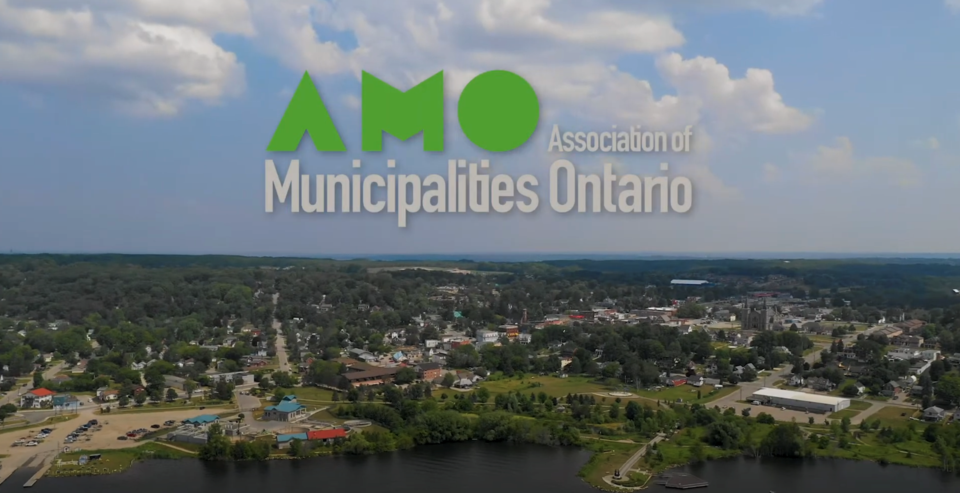Ontario's municipalities say they're doing more than their fair share on health care, and they'd like to tell other levels of government exactly how they're doing it.
The Association of Municipalities of Ontario (AMO) is currently surveying the province's 444 cities and towns about how they're "filling gaps in the health-care system with significant investments from the property tax base." The organization hopes to have responses by mid-May, but there's no release date for its findings yet, said Alicia Neufeld, AMO's senior manager of policy.
AMO "is continuing to expand our focus on evidence-based advocacy," it said in its announcement of the health-care survey.
"We've been hearing for a long time in the municipal sector about the challenges that residents are facing in accessing care in their communities, and how municipalities are stepping in to sort of fill some of those gaps in areas where maybe they didn't 10 or 15 years ago, and we wanted to try and put some harder data behind those anecdotes," Neufeld said.
As Ontario grapples with a primary health care shortage, municipalities are spending big on doctor recruitment, she noted. But it's more than just financial bonuses to move to a town and set up a practice — some towns are offering free or subsidized rent in municipal buildings, or hiring full-time employees to provide "concierge assistance" by finding daycare spots for physicians' kids, and to help their spouses find jobs, Neufeld said.
"And so, that's causing municipalities to have to compete against one another using municipal property tax dollars that weren't really intended to go towards offsetting the cost of physicians," she said.
Some municipalities are also paying for mental health and addictions treatment in community housing, she added.
AMO says it's building on the success of its survey on homelessness released in January. That study estimated there were more than 80,000 people experiencing homelessness in Ontario (though it warned that figure almost definitely undercounts the true numbers). The survey drew headlines across the province and prompted local councils and journalists to question the provincial and federal governments with hard data on an infamously hard-to-capture problem.
Neufeld said she hopes to lead the conversation in a similar way with the hard data from the health-care survey.
"Because it's one thing to say, you know, municipalities are stepping in, and we're spending $5 billion a year to fund responsibilities that should be funded by the provincial coffers," she said. "But what does that mean? Like, what does that actually mean on the ground? What are we doing? What kinds of things would residents be surprised that their municipalities are funding? And so I'm hopeful that this will help to illustrate that case in a way that cuts through the noise a little bit."
The survey is in line with municipal advocacy of late, which can be summarized as: we're having to do too much with property taxes. Spurred by Toronto and Ottawa getting "new deals" that have seen costly infrastructure uploaded to the province, several municipal organizations, councillors and advocates have called for a provincewide renegotiation of who pays for what.
They say successive governments' "downloading" of provincial issues like housing and health care has resulted in a crunch for local budgets that piecemeal funding increases can't fix.
It's too early to say what municipalities are hoping for from the province in response to the health-care survey, besides collaboration, Neufeld said.
"We have a provincial government that's now in a new mandate. They've brought on Dr. (Jane) Philpott to do some really exciting stuff in the primary care space," she noted, adding that she hopes the survey will show the province some things it might not be aware of, "while also making sure that property tax dollars are going to the places they should be going to."




